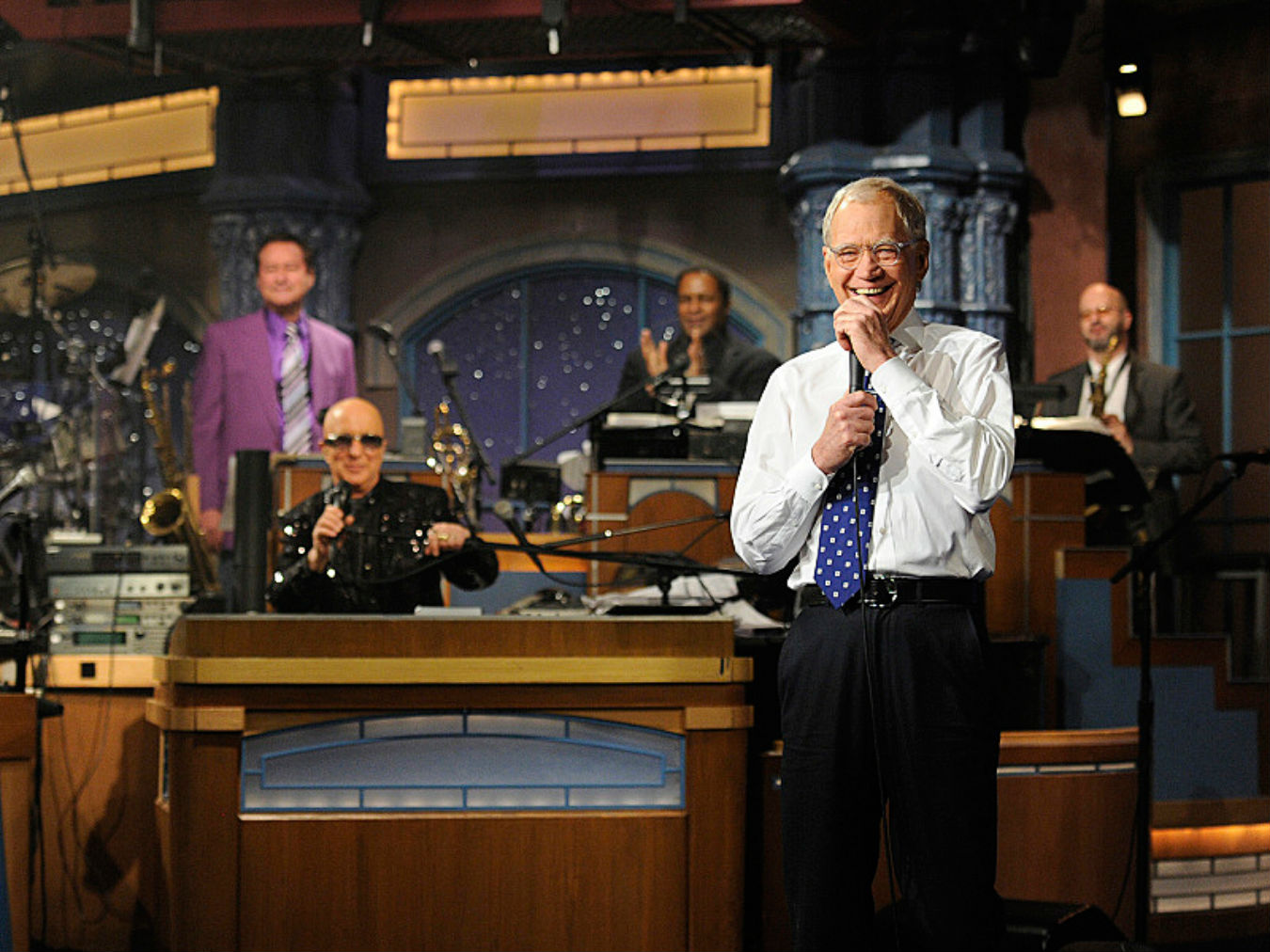You could safely argue that David Letterman’s recent departure from late night TV does not matter as much as it would have 25 years ago. It’s not just that TV changed over the years—Letterman did too. He went from NBC’s 1980s enfant terrible to elder statesman at CBS, a different role that he nonetheless played well.
But I am old enough to remember 1982 when the red-headed Indiana wiseacre first showed up on my thick, remote-less TV. It was a very different time. Talk shows were not subversive. With only two channels in my hometown I used to watch the unctuous Merv Griffin schmoozing with guests, even though I loathed him. Watching Letterman was a wonderful shock, and I can’t be the only viewer who worried (as Letterman himself seemed to suggest) that the Late Night show had been approved via some sort of clerical error, a mistake that would soon be corrected. Here was a show that was by turns absurdist, nasty, ironic, disrespectful, and almost always funny. (For some reason I always remember the late 80s show when Letterman found a guy with the personalized license plate reading “Fat Boy,” and another guy whose plate read “Fat Guy.” As the two men shook hands—in slow motion—“We Are the World” played.) I used to record them all. That meant actually buying VHS tapes and filling them up with Letterman episodes so I wouldn’t miss any. On my first trip to New York I went to a show taping (they pretended to fill the studio with water and stuck cut-out fish in front of the camera). I idolized the guy.
It’s true that 21st century Dave was no longer a subversive force, and that by then the TV universe had experienced a Big Bang-like explosion. But it’s also true that Jimmy Fallon reminds me of Merv Griffin. So long and thanks, Dave.









